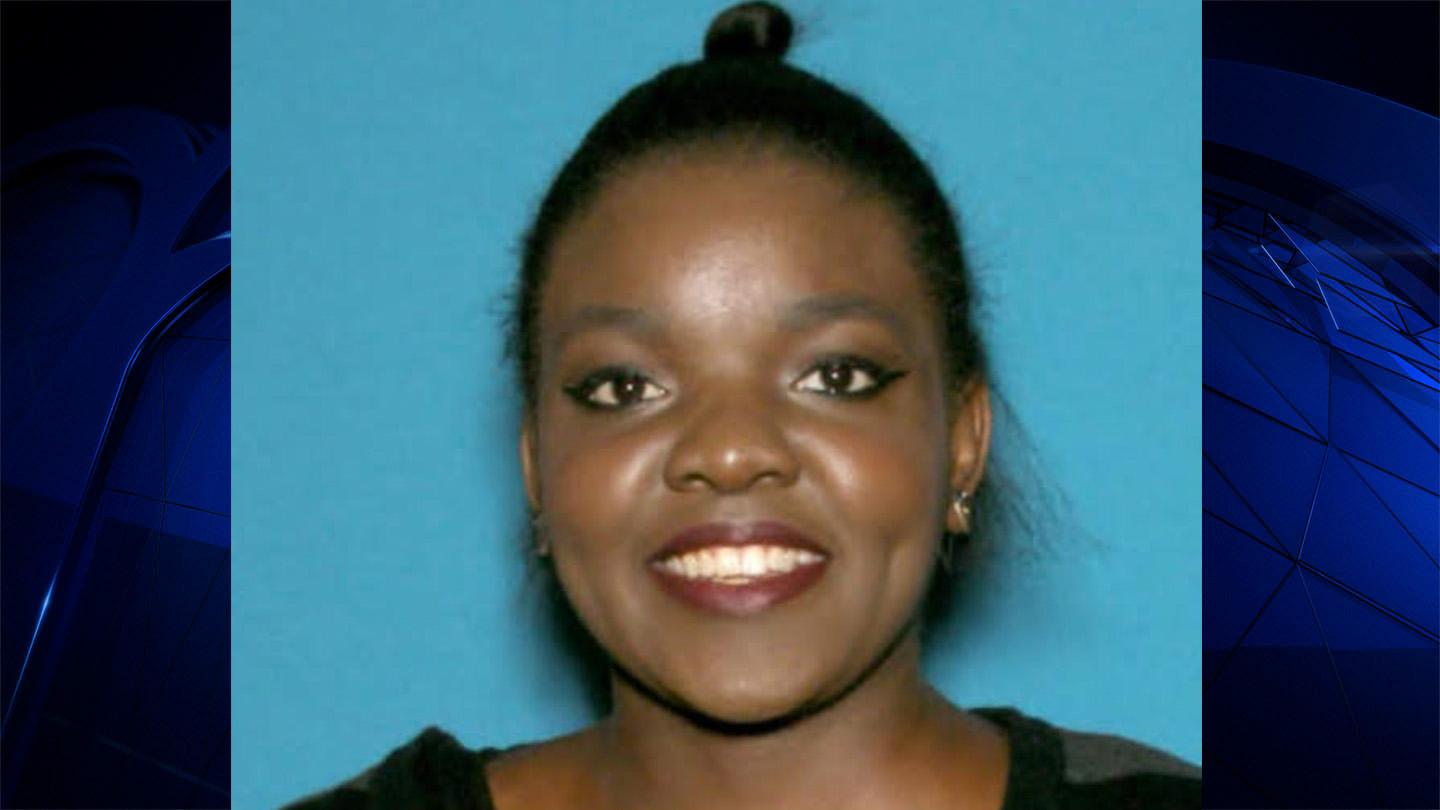Even though Massachusetts began reopening this week, Gov. Charlie Barker warned Thursday that residents need to prepare themselves for a long, ongoing battle with the coronavirus.
"There's a lot of lessons in this and honestly, I really hope we learn them all," Baker said during a live interview on WGBH's Boston Public Radio. "This thing's going to be with us for a while, that's for sure."
Get top local stories in Boston delivered to you every morning. Sign up for NBC Boston's News Headlines newsletter.
The governor continued to defend his plan for a gradual, phased reopening, saying it is the right approach because of the state's relatively widespread population density and the interconnected nature of most of its economy.
"We're still learning about this thing," he said. "The difficulty is making really big decisions with big consequences with something we're still learning about. That's why we're pursuing such a slow go and slow roll of reopening, and why we waited until we met a bunch of key criteria before we went there."
Baker said he looks at state-by-state data frequently, and noted that four states hit hard by the COVID-19 outbreak -- New York, New Jersey, Massachusetts and Connecticut -- all have high volumes of residents close together. Some commenters have asked why the administration is planning a slow ramp-up for the entire state, Baker said, rather than impose widely different policies for the capital and less dense regions around it.
Local
In-depth news coverage of the Greater Boston Area.
"We're a heck of a lot smaller geographically than New York is or Pennsylvania or some of these other states, and we have people everywhere," he said. "We're not as open spaced -- we're way denser than most of these other places, and that factors in a big way as to whether you can do stuff regionally or not."
The interview also touched on topics such as testing capacity, MBTA crowding, houses of worship and the highly infectious virus's impact on long-term care facilities.
Asked about the outbreak that killed dozens of veterans living at the Holyoke Soldiers' Home, Baker pointed to multiple ongoing investigations and said he is "not going to talk to these issues," until he sees the final report.
"There's a lot of talk about who said what to who," he said. "In the end, documents and emails and interviews will answer a lot of these questions."
Asked if he had ever been tested for COVID-19, Baker said yes, he was tested once because he had conversations "at a distance" with Tom Turco, his public safety and security secretary, who tested positive for the coronavirus.
But Baker said both he and Lt. Gov. Karyn Polito tested negative, and haven't been tested since.
In his time as governor, Baker said he has dealt with blizzards, natural gas explosions, tornadoes, ice storms and now a deadly pandemic that has killed over 6,000 Massachusetts residents.
"This is quite a job," he said. "And I will say that I really appreciate the fact that people in Massachusetts have demonstrated an incredible sense of resilience and commitment during what is an incredibly difficult time."
"I think the biggest challenge for everybody going forward is people's ability and willingness to continue to recognize and understand that these things that make them anxious and the things they miss are probably going to be with us a while until we work our way through this."
State House News Service contributed to this report.



